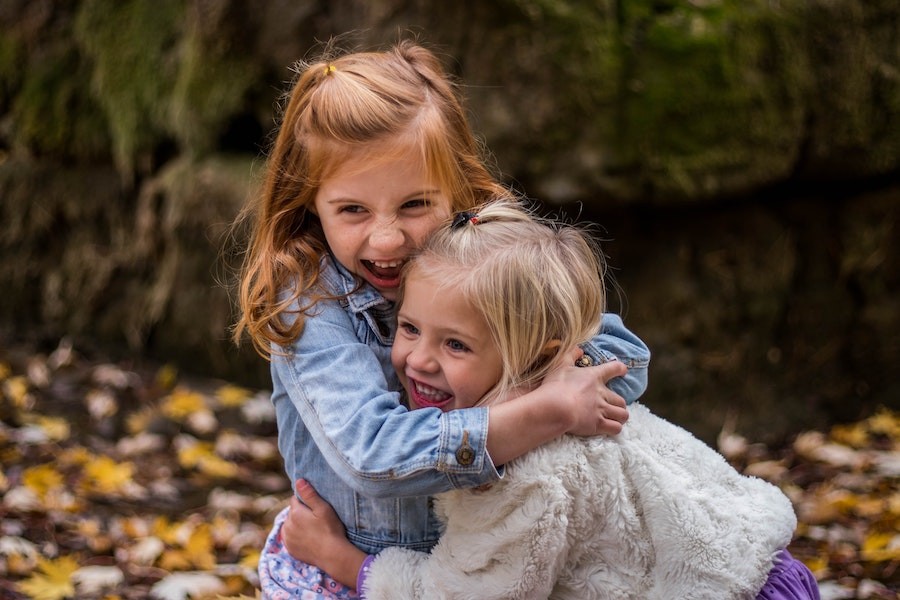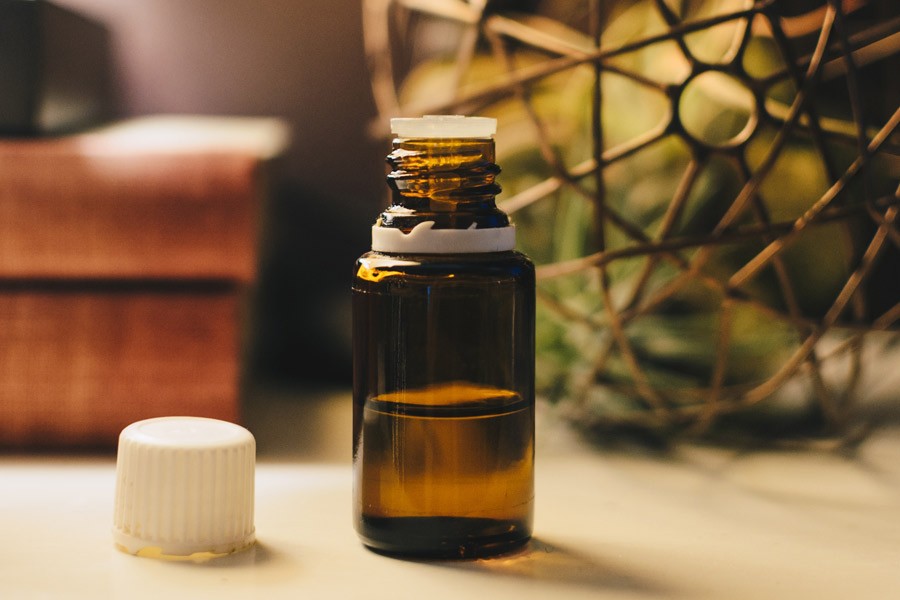
“Compassion for others begins with kindness to ourselves” – Pema Chödrön
Dr Kristin Neff is the author the “The Power of Self-Compassion” and a Professor at the University of Texas. She believes the essence of self-compassion is treating yourself the way you would a good friend who is having a hard time. She points out that Western culture places great emphasis on being kind to friends, family and neighbours in need but much less emphasis on being kind to ourselves.
Why does it matter? Without really giving it much thought, many of us hold a belief that we will only be successful or feel motivated, if we listen to the inner task master who berates us and points out what we’ve done wrong. Some of us do this without even realising it. Others are aware of this inner voice, but believe it helps keep them “on their toes”. However, research shows time and time again, that those who can be self-compassionate suffer less with anxiety, depression, stress and shame. In short, self-compassion enhances your wellbeing.
Imagine a friend calls you to tell you about a nightmare they are having at work. They are behind with a deadline and their boss has set up a meeting the next day to discuss it. Would you say “I’m not surprised your boss has asked to speak with you, it sounds like you’ve really messed up again and you’re probably going to be sacked. You really just can’t seem to do anything right, can you?”. Almost certainly not! Most of us would be sympathetic, try to reassure our friend and point out the many other times when they’d done a good job. Yet – if it was us who’d made a mistake – how many of us would find our “inner task master” was saying the harsh version to ourselves.
Even those of us that usually have a good handle on being kind to ourselves, may be finding things more difficult during the current pandemic. The pressures of home schooling, self-isolation, working from home and health anxiety puts everything under a microscope and even the most self-assured of us can find we are falling short of our own hopes and expectations.
As we adjust to this new set up many of us have questioned our parenting skills, teaching skills and/or found we are less productive at home than in the office. All of this against a backdrop of social media posts about what a great opportunity this is to learn a language or Marie Kondo the house! This is fertile ground for our inner task master, setting us up for a vicious cycle where we indulge in behaviours that help us feel better in the short-term and then get annoyed with ourselves for not achieving the ideal.
If any of this rings a bell and you are interested in becoming more self-compassionate, the first step is to be more aware of how you are talking to yourself. The second step is to drop the judgement attached to a thought. Anytime you find yourself feeling guilty, hear yourself saying or thinking “I should…” or find yourself comparing yourself to others, consider these as clues that you might not be being kind to yourself and pay attention to what you’re saying.
Often a feeling of unhappiness or dissatisfaction arises when what we believe should be happening in our life not matching the current reality. If you feel guilty because for example you believe you should be more productive than you are, or if you find yourself thinking “I should be coping better, my friend is managing”. Notice yourself making that judgement and notice also that you don’t have to accept that judgement at the truth. Remind yourself that each of us will have our own best way of getting through this situation, we are all learning and we will all make mistakes. It’s part of being human and we can cut ourselves a bit of slack.
Would you like to learn to practice more self-compassion? Sign up to our mailing list to be notified of our next Random acts of self-kindness webinar. Meanwhile, here are some resources, suggestions and further reading to help.
Article: 10 Self-Compassion Exercises for Covid-19
Article: Compassion in Action – 15 Easy Ways to Spread Kindness
Book: The Kindness Method – Changing Habits for Good by Shahroo Izadi
Website: The Centre for Mindful Self-Compassion website – Free meditations, online courses and articles.
Book: The Compassionate Mind by Paul Gilbert
Website for Parents/Kids: Free online Yoga and Mindfulness classes
Wheel of life topics
Reading material, courses and articles for these related Wheel of Life topics. Choose a topic →
Learn to be kind to myself
Maybe you’re not exactly where you hoped you would be. Maybe you have made some mistakes and wrong turns. What if you could forgive yourself? What…Question 07/09/18
Become more resilient
Question 07/09/18
Live a calmer more peaceful life
Question 07/09/18
Overcome anxiety and self-doubt
Kick those limiting beliefs into touch! Like our own internal health & safety department, anxiety and self-doubt exist to try and keep us safe. It…Question 07/09/18
Book therapy
More recommended books on this subject. Book reviews →
The Kindness Method
Changing Habits for Good Written by Shahroo IzadiBook 28/09/19
Group courses
Cognitive therapy and mindfullness group sessions. All courses →
Emotional Eating Therapy Book Club
Do you enjoy reading? Do you struggle with your relationship with food? Would you like to explore this is a safe environment in which you ca…Starts:
Less Stressed, More Mindful
Join our subscriber list to be notified of the next course dates.Starts:
Recent articles
Insights and general thoughts by Catherine Noel. Browse the blog →
How Therapy Works… (OR What to expect from therapy)
Have you ever wondered how “just talking about my problems” could ever change things? If so, read on… Maybe you’ve considered seeing a counsellor o…Article 03/06/20





